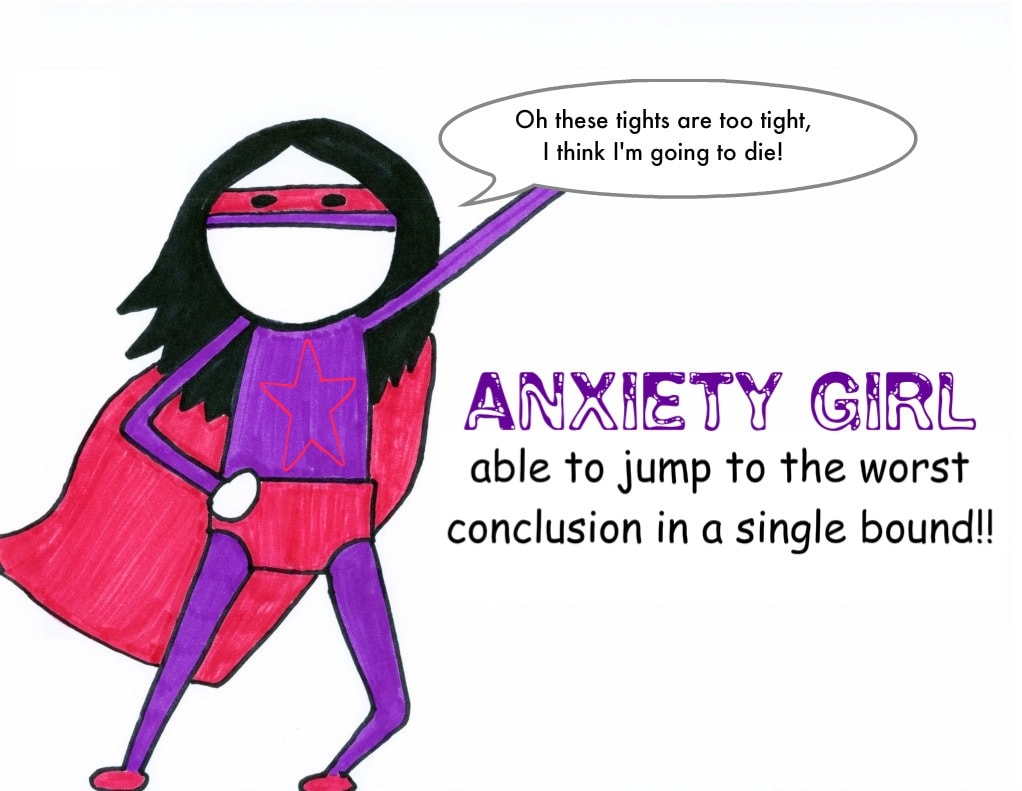Hidden anxiety
Millions of people are affected by anxiety every year. Many live and cope with their anxiety on their own, suffering quietly. Anxiety is something we all experience at some time in our lives, but for most, it is just a short term experience. Anxiety affects us both physically and psychologically and in its normal form …


